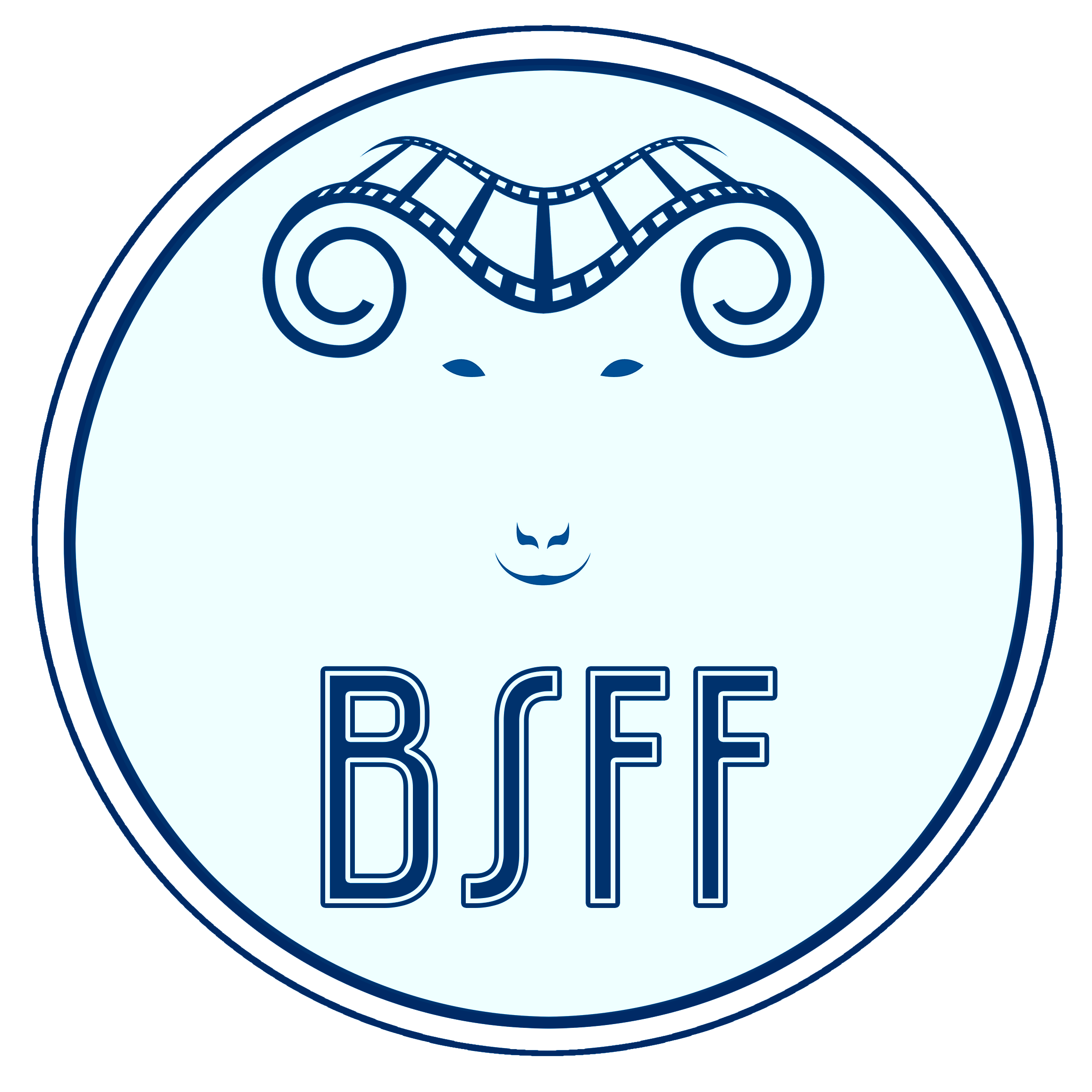5Q's w/Christina Paschyn "A Struggle For Home" Director
#1: Can you describe your movie and why somebody should see it in less than 140 characters?
There's more to Crimea than Putin. Watch the story of the Crimean Tatars and their battle to free their homeland from Russian oppression.
#2: What do you want the Borrego FilmFestival audience to know about your film that isn’t obvious from its title?
For hundreds of years, Crimea was home to the Crimean Tatars, a Muslim-Turkic people. They were the masters of the land, the indigenous population. But that all changed when the Russian Empire conquered the peninsula in 1783.
Since then, the Tatars have struggled to reclaim their home from Russian domination. In the process, they have suffered ethnic and religious persecution, including a Soviet genocide that saw their entire population forcibly and brutally deported from Crimea to Central Asia in 1944.
When the Soviet Union collapsed, many Tatars thought they finally would be free and secure in their homeland. But in February 2014, those dreams were dashed when Russian President Vladimir Putin invaded and re-annexed the peninsula.
This documentary film tells the little-known story of the Crimean Tatars. It features interviews with Crimean residents, Tatar activists, survivors of the 1944 deportation, and historians. Among the many interviewed include Russian nationalist Sergey Aksyonov, who is now the Putin-backed prime minister of the peninsula, and Mustafa Dzhemilev, the leader of the Crimean Tatar people.
The film recounts the rich and often tragic history of the Tatars, from ancient times to today. It is a story of betrayal, courage and, above all, hope. For despite all that they have faced, the Crimean Tatars remain undaunted in their struggle for freedom.
#3: What is your movie making background? Tell us about yourself.
I am an international multimedia journalist and documentary filmmaker based in Doha, Qatar. A Struggle for Home: The Crimean Tatars is my first feature-length documentary film. I earned bachelor and master's degrees in journalism from Northwestern University. I also have a master's in Middle East Studies. I have reported for major news organizations across the globe, including the Pulitzer Center on Crisis Reporting, TIME.com in London, E News in Johannesburg and KVRR-TV as the station’s congressional correspondent in Washington, D.C. I also delivered live shots and interviews about the rocket strikes on Be’er Sheva, Israel, during the 2009 Gaza War for multiple news outlets, including WEWS News Channel 5 in Cleveland. My work has appeared on CNN, Euronews, the Christian Science Monitor, Women’s eNews, Chime for Change, Al-Fanar Media and in THINK. Magazine, Harper’s Bazaar (Arabia), Cosmopolitan magazine (Middle East edition) and the Chicago Journal, among other publications.
#4: What was the biggest lesson learned in getting your film made?
The biggest lesson I learned while making my film is to be very, very flexible. I traveled to Crimea at the end of 2012 to shoot and had planned a very different film than what it is now. Originally, I was going to focus on the Crimean Tatars' triumphant return to their homeland after decades of Soviet-enforced exile. When the Soviet Union collapsed in 1991, many Tatars thought they had won their centuries-long battle for freedom from Russia. Then in 2014, while I was still editing the film, Russian President Vladimir Putin invaded and re-annexed the peninsula. The Tatars' worst fears came true, and instantly my film was obsolete. I knew I had to update it, not only to make the film still relevant, but to do justice to the totality of Crimean Tatar history and to expose the human rights abuses that the Tatars are suffering once again under Russian occupation.
#5: What does the future hold for your film and you?
Hopefully, my film will help to really educate the world about this unique indigenous population of Crimea and their long history of peaceful resistance against Russian domination. The Tatars need help protecting themselves and their human rights. Their story is one of the world's greatest untold stories. I plan to keep promoting the film to many other festivals and news organizations.



